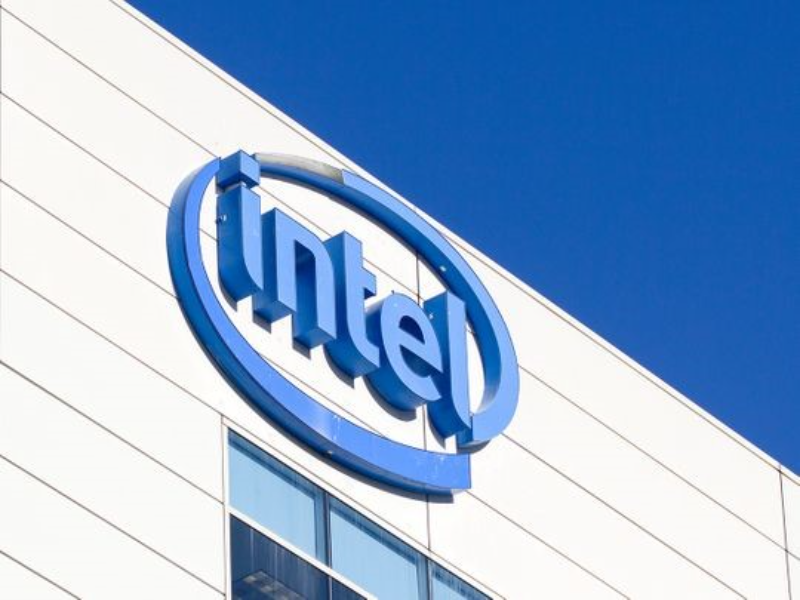- Intel CEO Pat Gelsinger is preparing to lay out a series of cost-cutting measures and strategic divestitures to the company’s board of directors at an upcoming mid-September meeting.
- The most notable moves are the potential divestiture of its programmable chip unit, Altera, and a reconsideration of capital spending, including possible halts or delays to the construction of its $32 billion factory in Germany.
OUR TAKE
Intel’s strategic pivot, encompassing asset divestiture and reduced capital spending, is a pragmatic response to its challenges. By streamlining operations and refocusing resources, Intel aims to enhance competitiveness, particularly in the burgeoning AI sector, signalling a critical phase in its evolution.
–Vicky Wu, BTW reporter
What happened
Intel, once a titan in the semiconductor industry, is gearing up for a significant restructuring plan aimed at rejuvenating its financial health and competitive edge. According to informed sources, CEO Pat Gelsinger and his executive team are scheduled to present a detailed proposal to the board of directors in mid-September. The plan outlines strategies to divest non-core assets, recalibrate capital expenditures, and streamline operations to navigate the company through its current turbulent period.
Among the most notable moves is the potential divestiture of its programmable chip unit, Altera, which Intel acquired in 2015 for $16.7 billion. Additionally, the company is contemplating a reduction in capital spending, possibly halting or delaying the construction of its $32 billion factory in Germany. Intel anticipates slashing capital spending to $21.5 billion by 2025, marking a 17% decrease from current levels.
These adjustments come following a challenging second quarter that saw the firm’s stock plummet, prompting drastic measures such as a 15% workforce reduction and the suspension of dividend payouts.
Also read: US senator questions Intel’s job cuts despite $20B grants
Also read: Intel bets on China’s electric car market with new AI chips
Why it’s important
This pivotal moment marks a critical juncture for Intel as it seeks to reclaim its former glory amidst fierce competition, particularly from rivals like Nvidia, who have surged ahead in the lucrative AI sector.
The proposed actions underscore the urgency with which Intel must adapt to the evolving technological landscape and address its operational inefficiencies. “It’s been a difficult few weeks,” Gelsinger said at a Deutsche Bank conference. “And we’ve been working hard to address the issues.” By potentially spinning off Altera and reassessing its manufacturing investments, Intel aims to reallocate resources more effectively, focusing on core competencies and innovation. This strategy shift could redefine Intel’s position within the semiconductor ecosystem, enabling it to better compete in the AI-driven future.
Moreover, the involvement of financial advisors Morgan Stanley and Goldman Sachs signals a thorough approach to identifying viable business segments and exploring strategic alternatives, including possible sales of certain divisions. The outcome of the upcoming board meeting could chart a new course for Intel, setting the stage for a potential resurgence or marking a transformative period in its long history.

